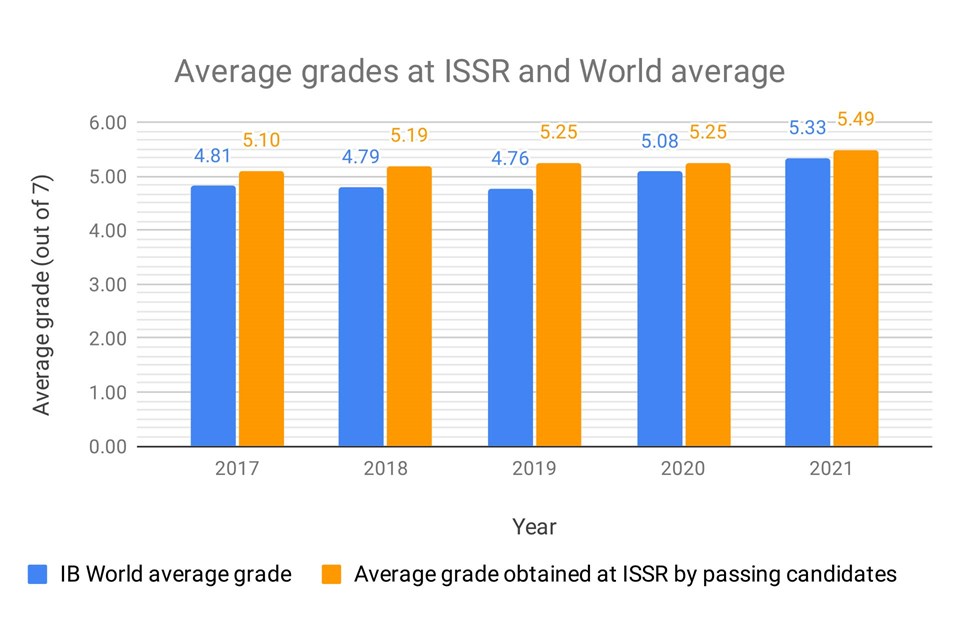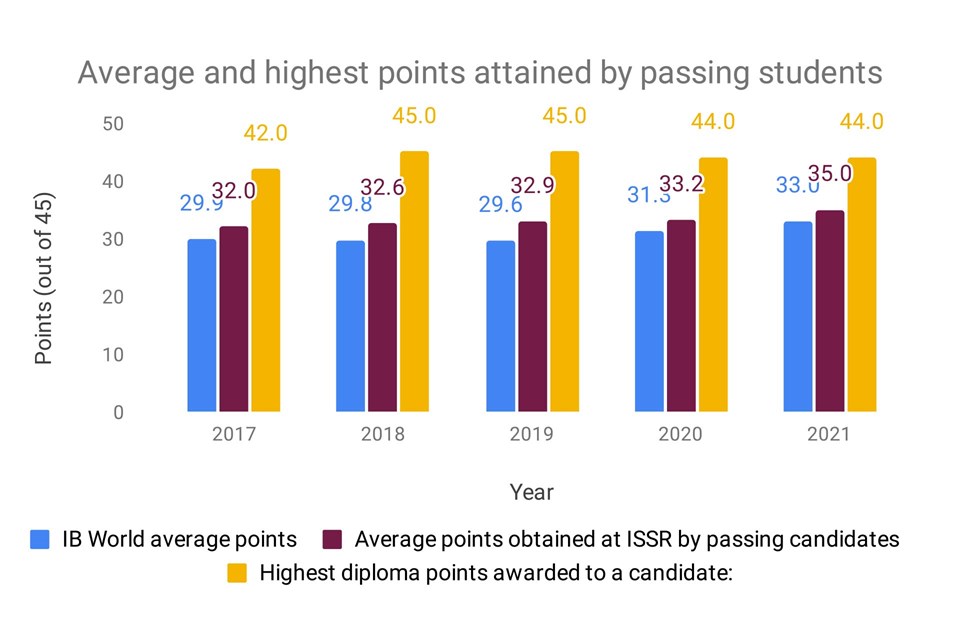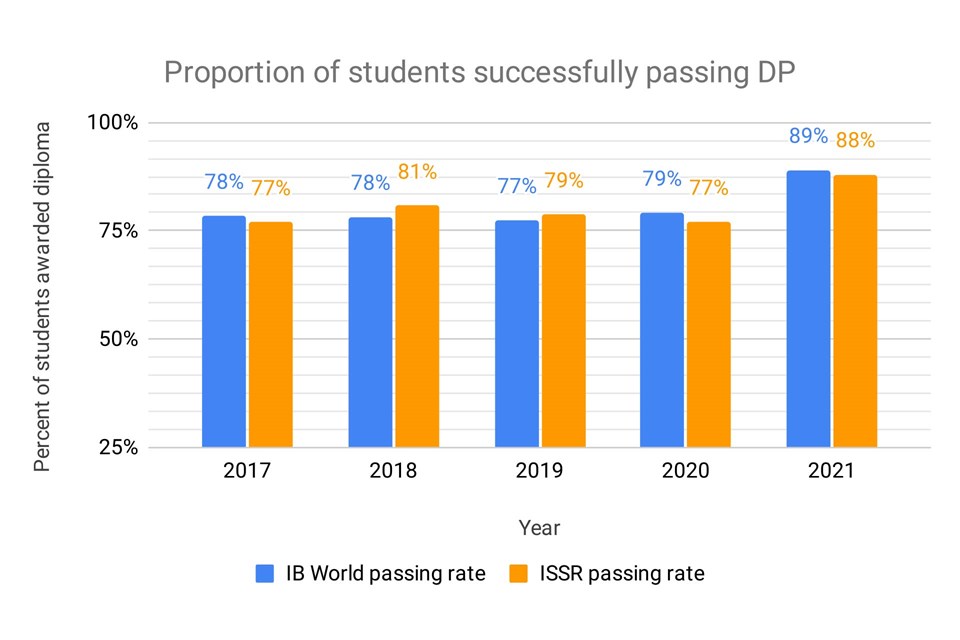The DP Handbook
As an International Baccalaureate® (IB) Diploma Programme student, you undertake one of the most challenging education programmes available to you.
Why the IB Diploma Programme?
As an International Baccalaureate® (IB) Diploma Programme student, you undertake one of the most challenging education programmes available to you. The programme makes you well-prepared for success — in further study, and in life beyond. We strive to develop students who will build a better world through intercultural understanding and respect.
By studying in the DP, you take part in a programme of education that can lead you to some of the highest-ranking universities around the world. You will develop core skills for success at university. You will be encouraged to think independently and drive your own learning.
You will develop
- an understanding of and appreciation for research
- presentation and communication skills
- critical thinking skills
- report writing skills
- a sense of international mindedness and cultural understanding
- time management skills
- an ability be to engage with people in an increasingly globalized, rapidly changing world.
Film: The IB Diploma Programme – a broad and balanced education, Vimeo
Film: The Diploma Programme Core subjects and an education for a Better World, Vimeo
Benefits of all the IB Programmes, International Baccalaureate website
The Diploma Programme curriculum
At the very centre of the DP Curriculum Model is the IB Learner Profile which is the IB mission statement translated into a set of learning outcomes for the 21st century.
In the DP, you study six subjects, 3 at higher level and 3 at standard level. You must choose one subject from each of groups 1 to 5, thus ensuring breadth of experience in languages, social studies, the experimental sciences and mathematics. The sixth subject may be an arts subject chosen from group 6, or the student may choose another subject from groups 1 to 4. The subject groups and subjects offered at ISSR are
Group 1 – Studies in Language and Literature
- English A Literature (SL & HL)
- English A Language and Literature (SL & HL)
- Swedish A Language and Literature (SL & HL)
- Other Language A Literature (at SL offered as a school supported self-taught language)
Language and Literature, International Baccalaureate website
Group 2 – Language Acquisition
- English B (SL & HL)
- Swedish B (SL & HL)
- Swedish ab initio (SL only)
- French B (SL & HL)
- Spanish B (SL & HL)
Language Aquisition, International Baccalaureate website
Group 3 – Individuals and societies
- History (SL & HL)
- Economics (SL & HL)
- Business and Management (SL & HL)
- Psychology (SL & HL)
- Global Politics (SL & HL)
Individuals and societies, International Baccalaureate website
Group 4 - Sciences
- Biology (SL & HL)
- Chemistry (SL & HL)
- Physics (SL & HL)
- Environmental Systems and Societies (SL & HL)
Sciences, International Baccalaureate website
Group 5 – Mathematics
- Mathematics: analysis and approaches HL = Gy11 Matematik 1-5
- Mathematics: analysis and approaches SL = Gy11 Matematik 1-4
- Mathematics: applications and interpretation SL = Gy11 Matematik 1-3
Mathematics, International Baccalaureate website
Group 6 – The arts
- Visual Arts (SL & HL)
- Or a second subject from Group 1 to 4
The arts, International Baccalaureate website
Three of the six subjects are studied at higher level (HL), representing 240 teaching hours, the remaining three subjects are studied at standard level (SL), representing 150 teaching hours.
In addition to your six DP subjects, you also need to fulfill the three requirements at the core of the programme: Theory of Knowledge (TOK), Extended Essay (EE), and Creativity, activity, service (CAS).
- Theory Of Knowledge (TOK) is a course designed to encourage you to reflect on the nature of knowledge by critically examining different ways of knowing.
- The Extended Essay (EE) is an in-depth study of a question relation to one of the subjects you are studying.
- Creativity, activity, service (CAS) requires the students to actively learn from the experience of doing real tasks beyond the classroom.
Assessment and final exams
The grades awarded for each of the six courses range from 1 (lowest) to 7 (highest). Students can also be awarded up to three additional points for their combined results in Theory of Knowledge (TOK) and the Extended Essay. Therefore, the highest total that a Diploma Programme student can get is 45 points. The diploma is awarded to students who have at least 24 points and have successfully completed CAS.
Final exams take place in May in grade 12. You will sit exams in all six of your subjects. In preparation for the final exams, you will have mock exams just after the February break in grade 12. Your final exams are assessed by IB examiners and the results are compiled at the IB assessment centre in Cardiff, Wales. In addition to the final exams, you will also have internally assessed written and/or oral assignments in all subjects. The results from these are also included in the final subject grades. The final IB Diploma grades are awarded to students in July.
Diploma Programme Results at ISSR and worldwide
Students at ISSR consistently perform well over the IB world average and enter some of the most prestigious universities in the world.
Average grades at ISSR and World average

Average and highest points attained by passing students

Proportion of students successfully passing DP

